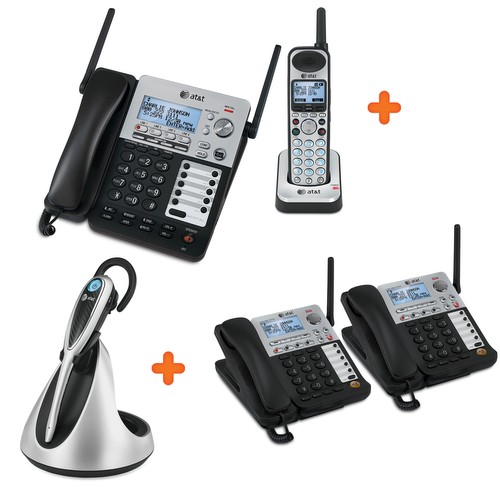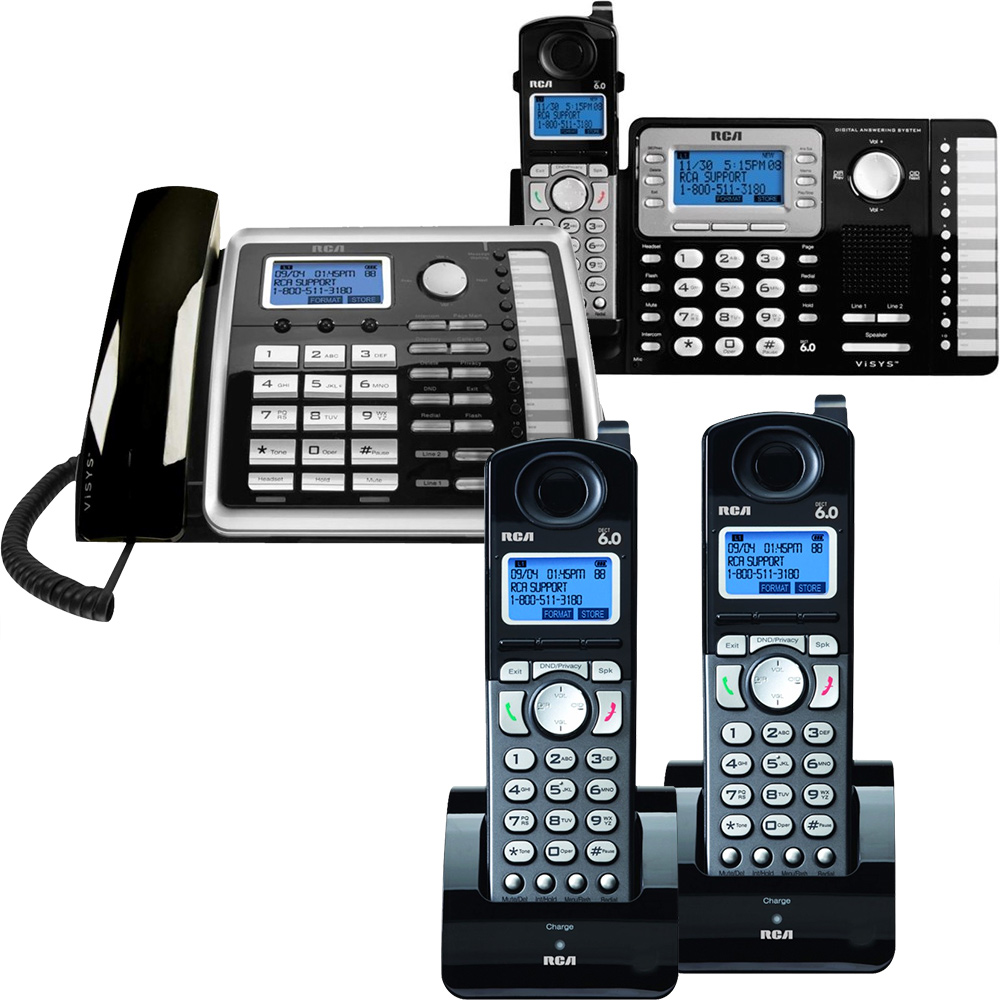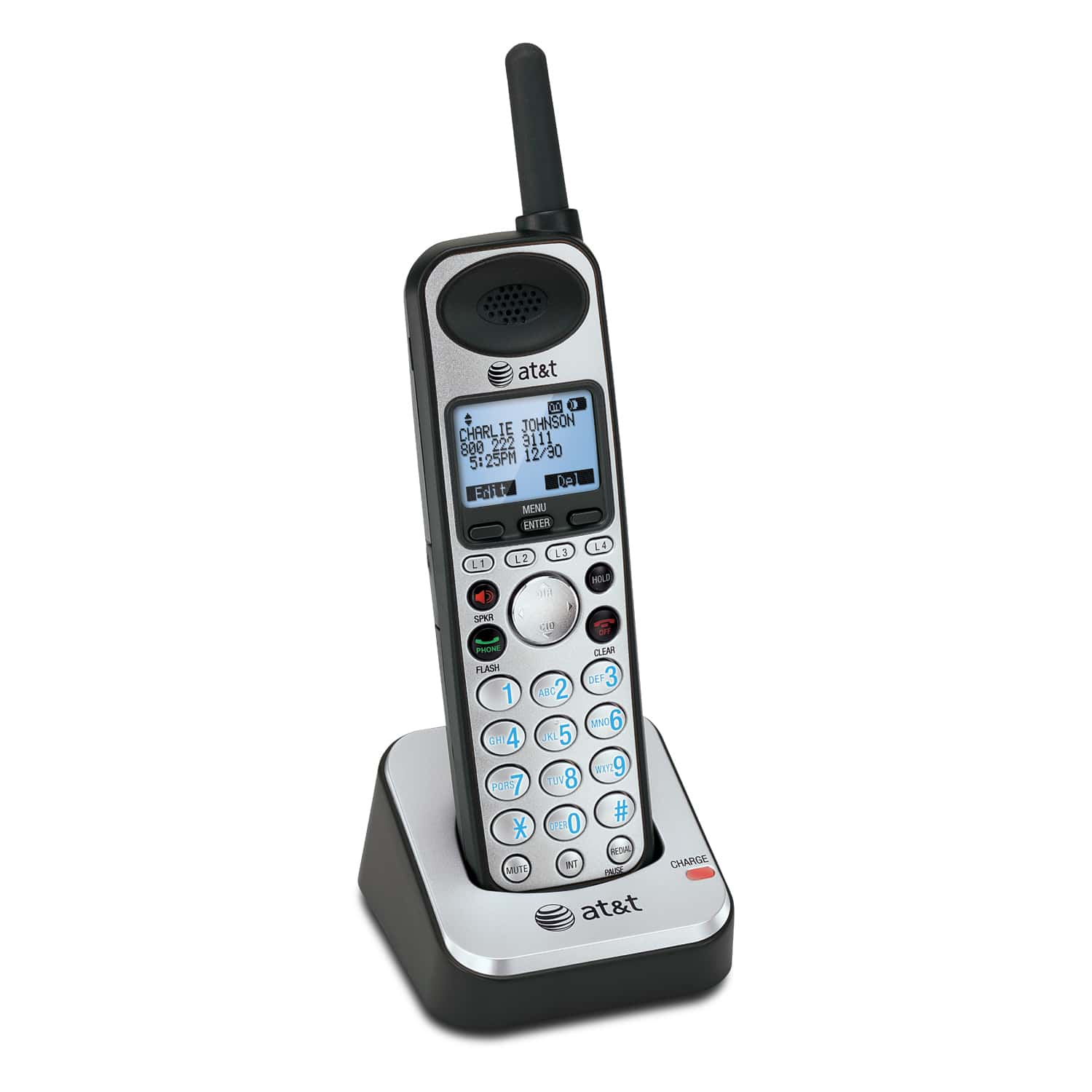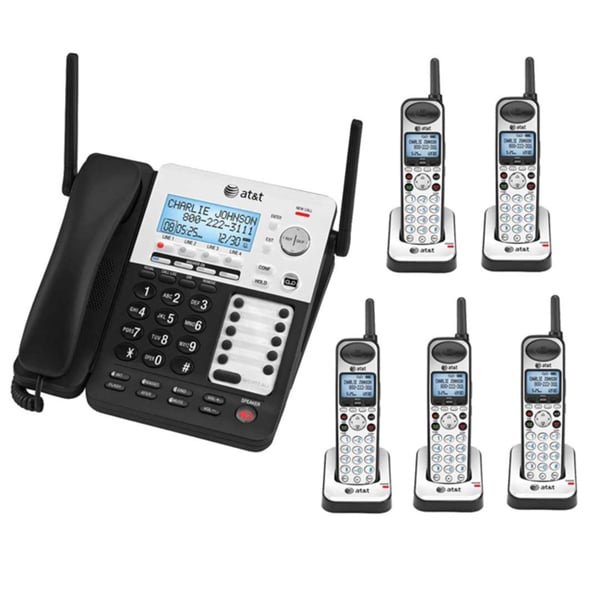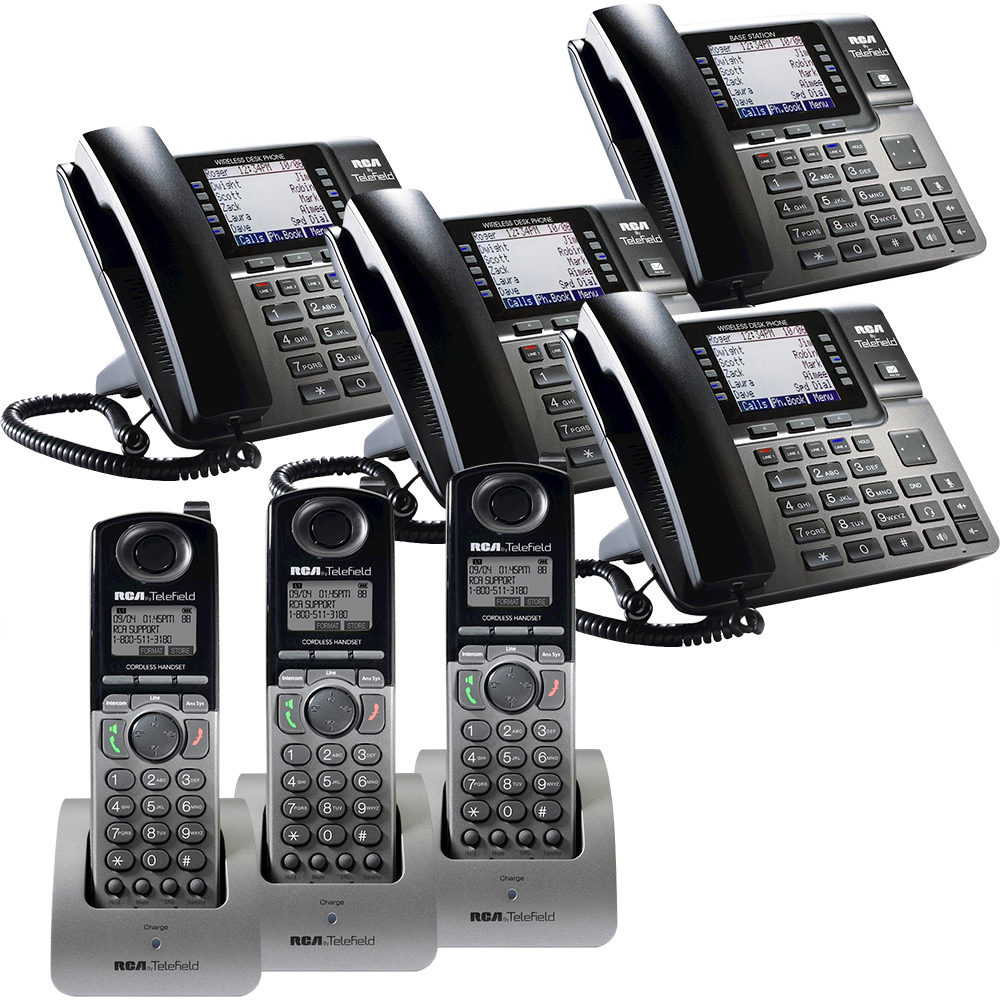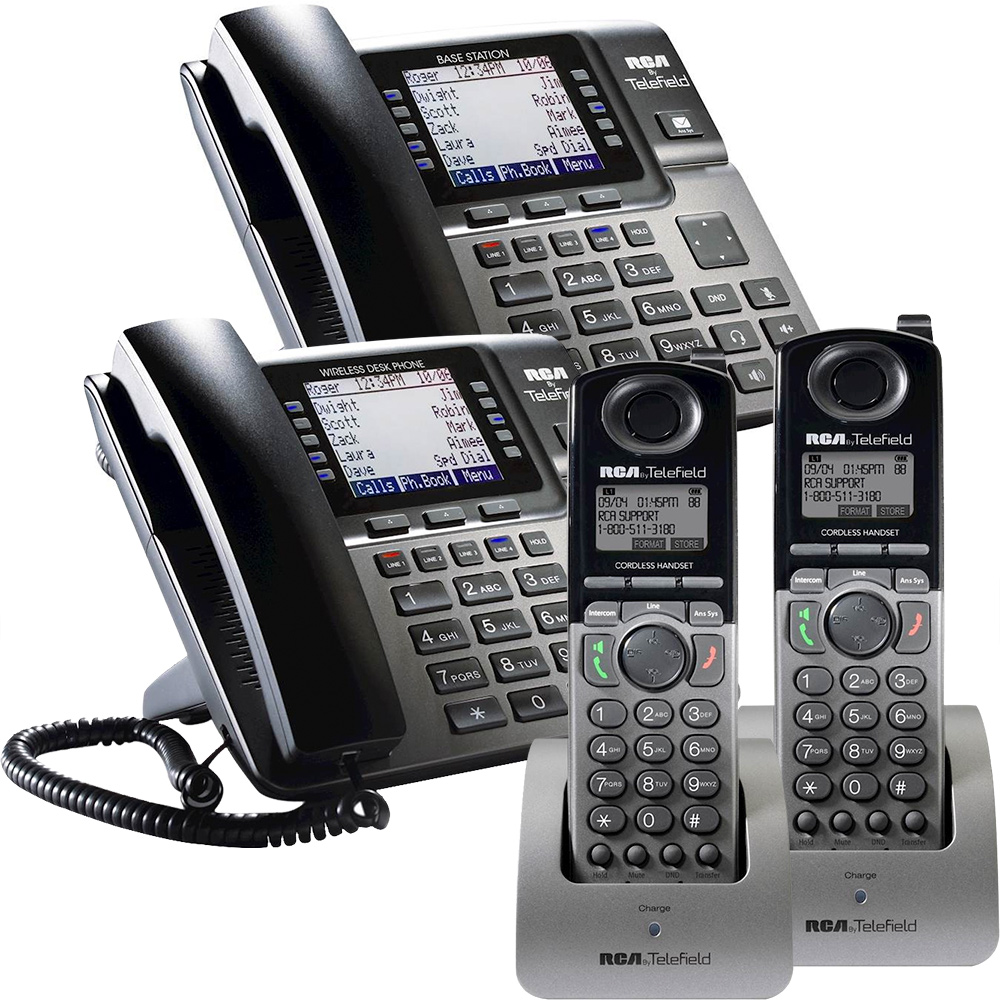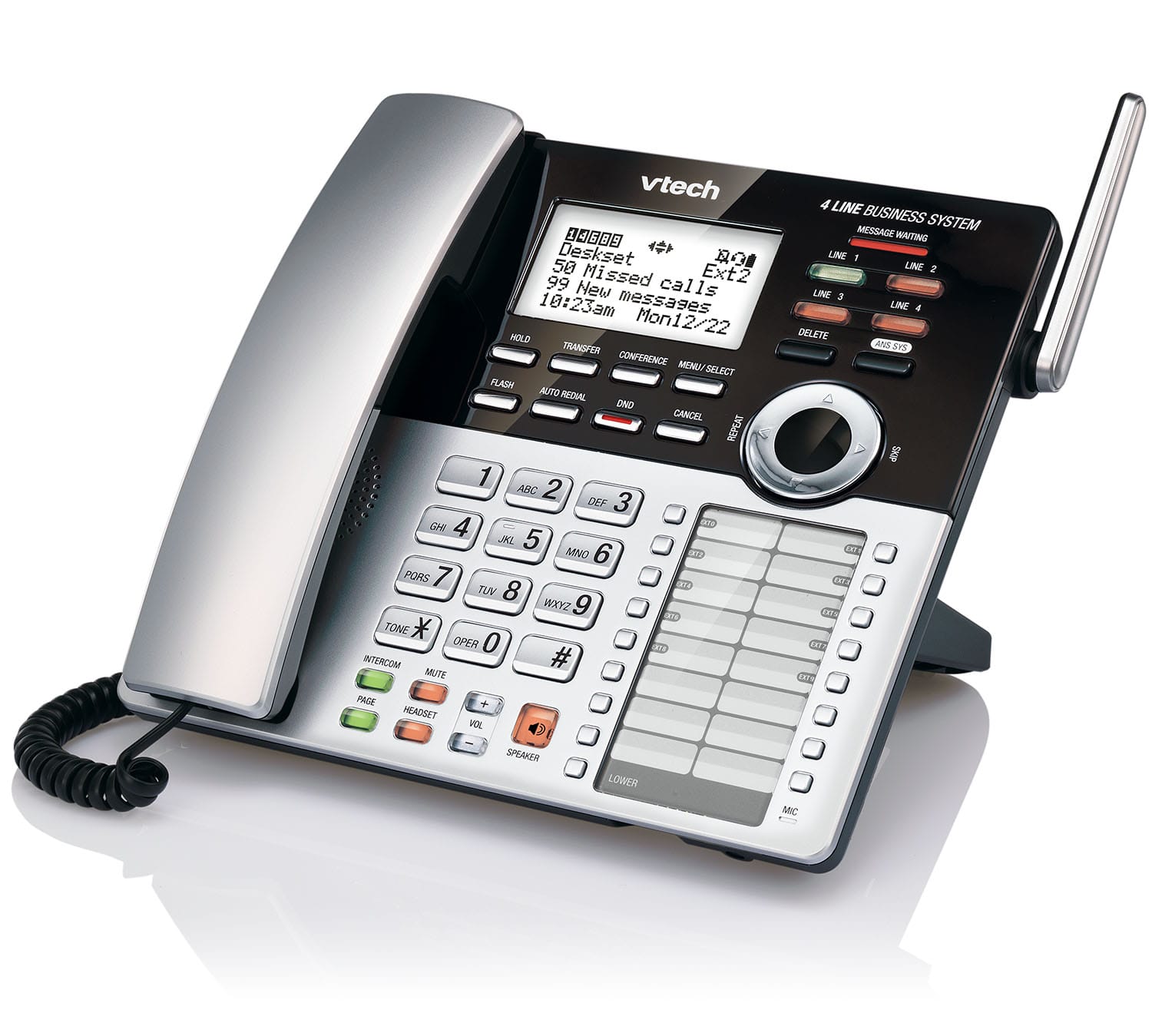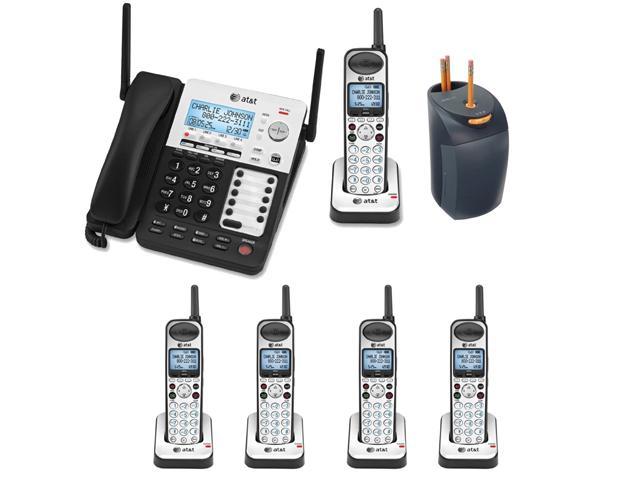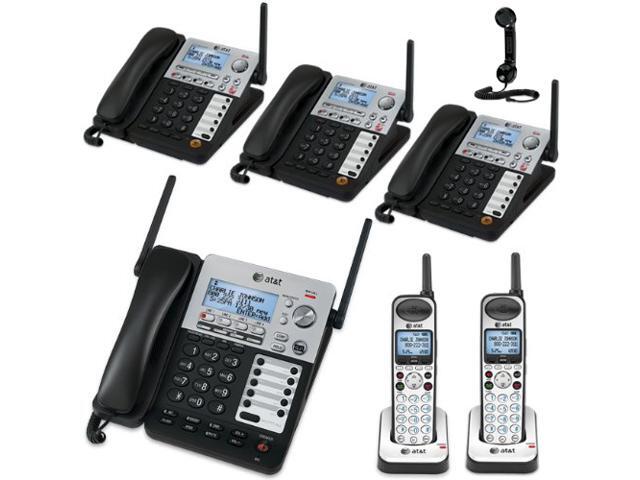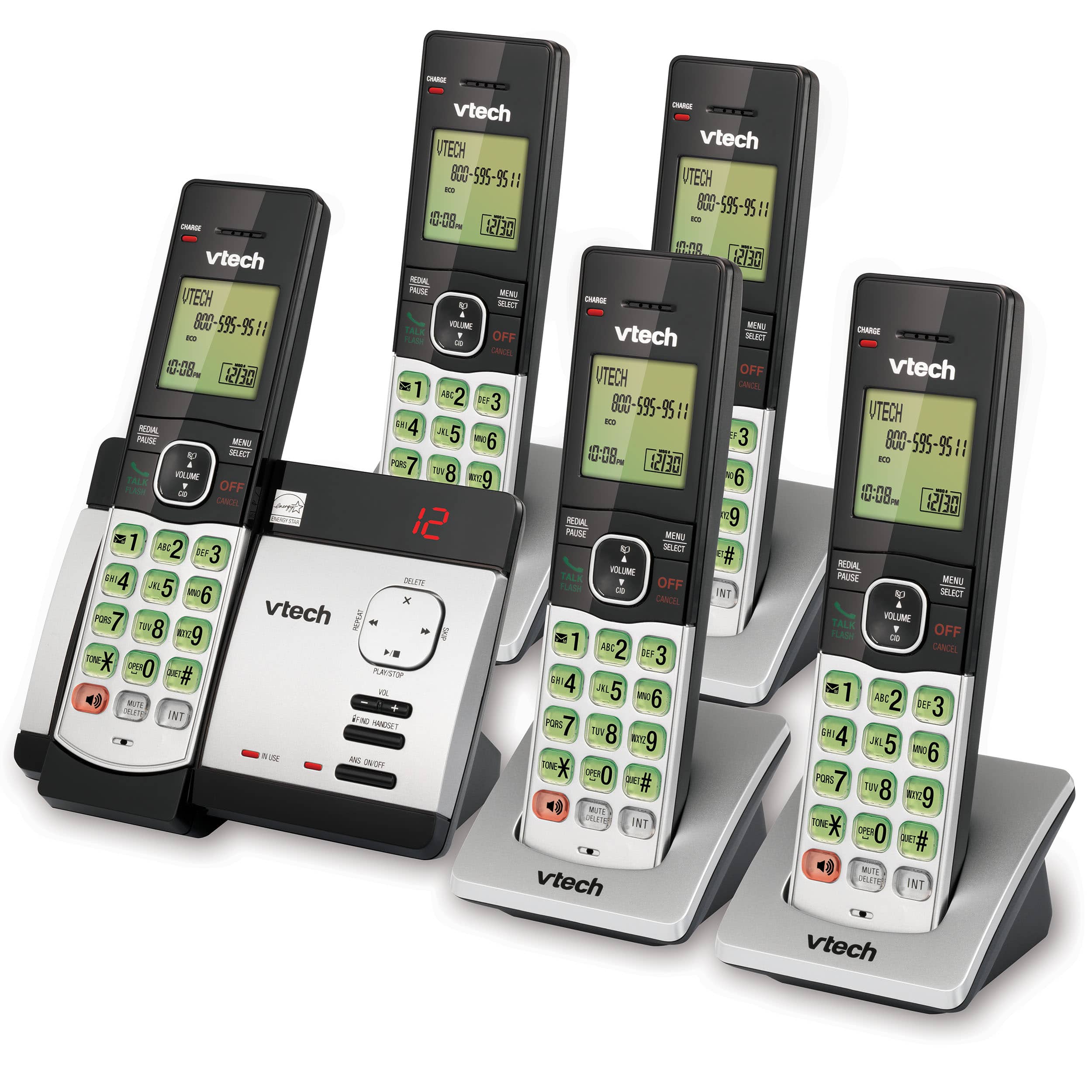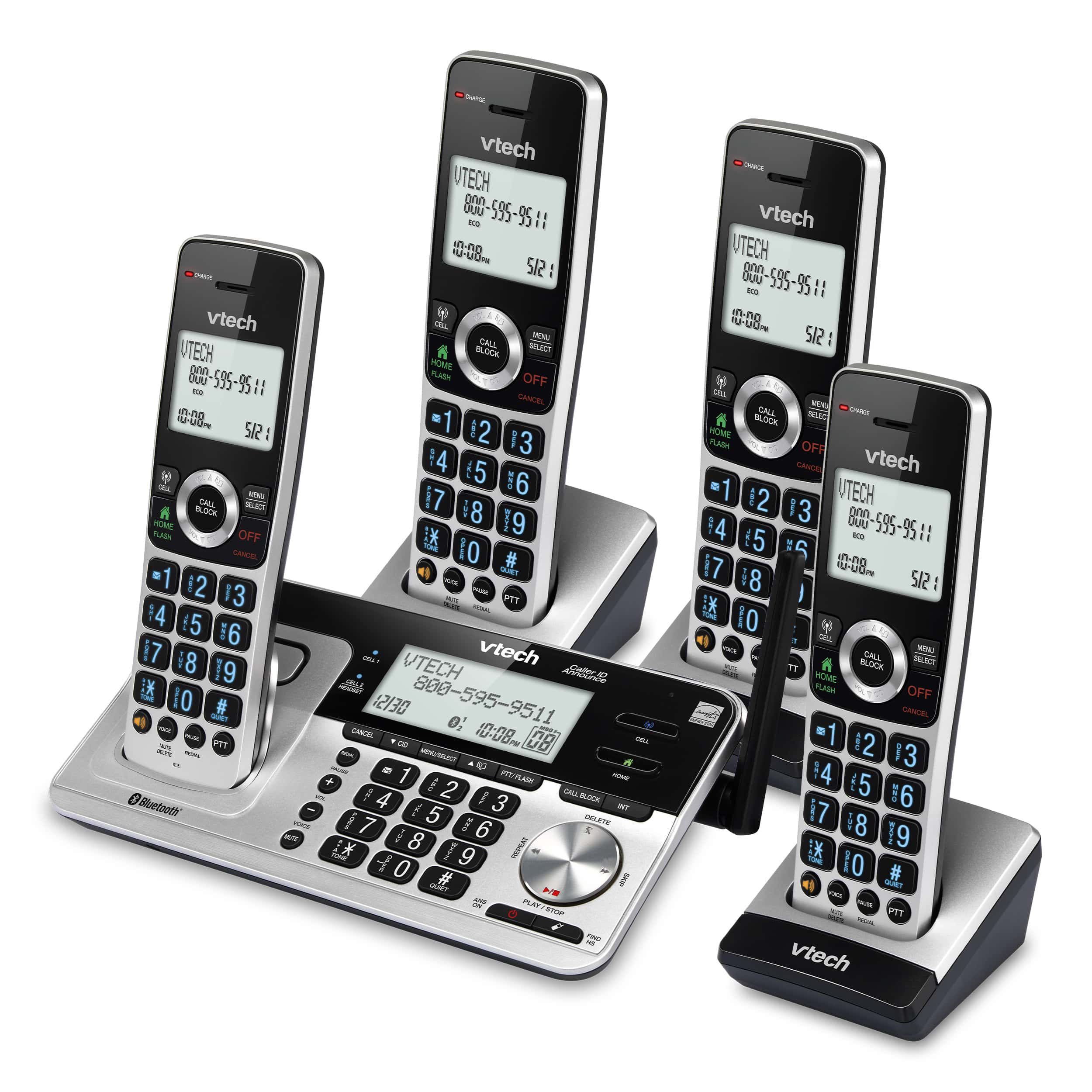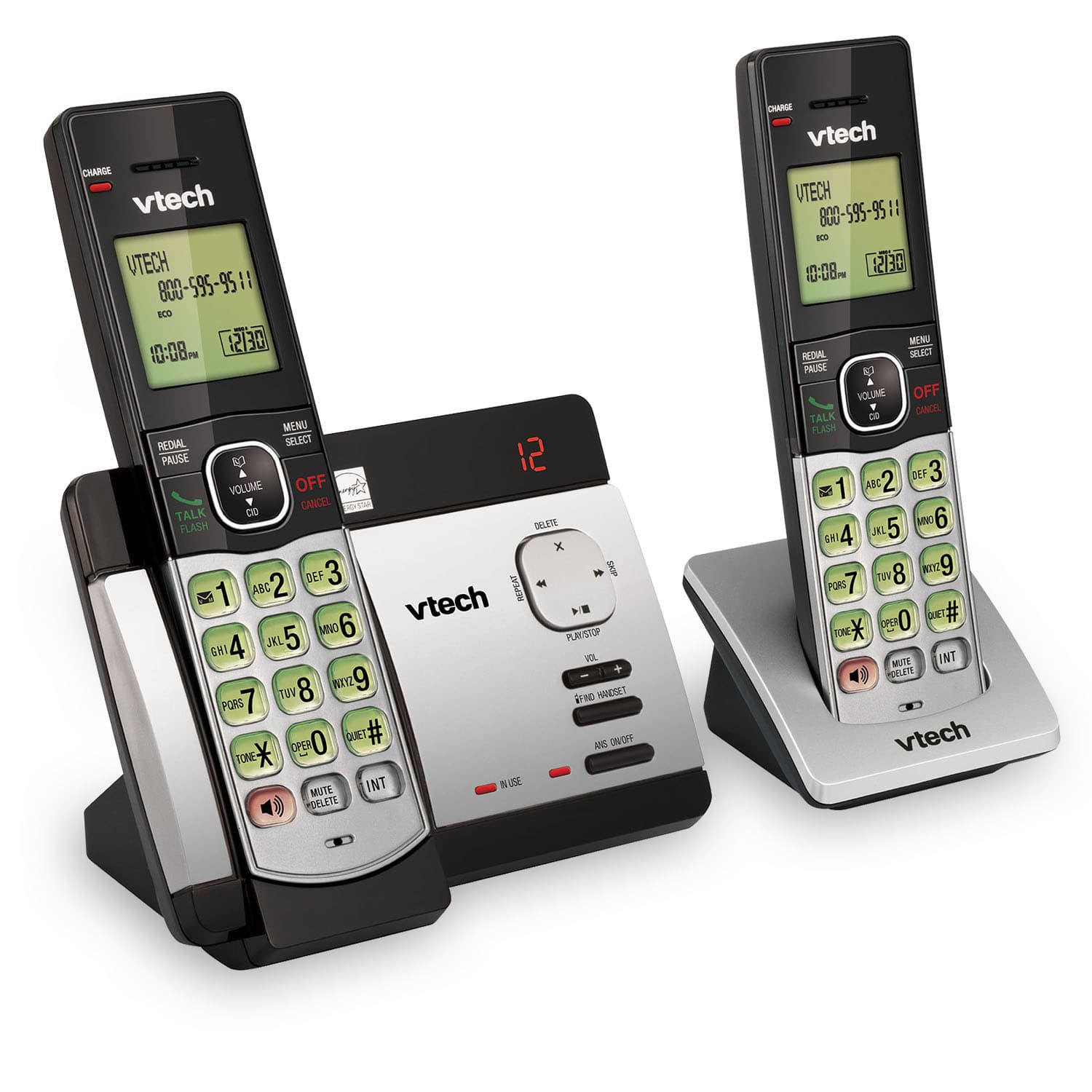Cordless Business Telephone Systems
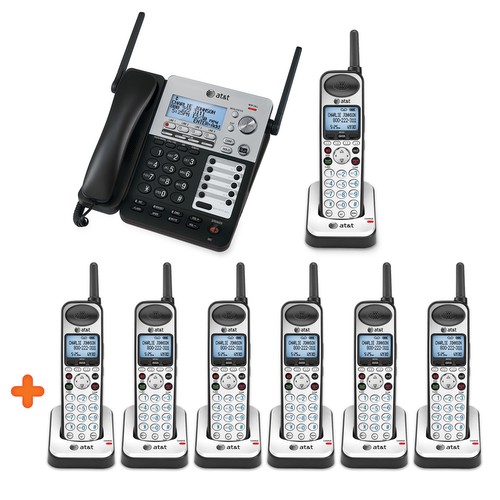
In today's fast-paced business environment, seamless communication is no longer a luxury, but a necessity. Businesses are increasingly turning to cordless telephone systems to enhance productivity, improve employee mobility, and provide better customer service. The market is witnessing a significant shift away from traditional landlines and wired phone systems.
Cordless business telephone systems offer a flexible and efficient communication solution, allowing employees to stay connected regardless of their location within the office. This mobility translates into faster response times, improved collaboration, and enhanced customer satisfaction, making it a vital component of modern business infrastructure. The increasing demand is driven by technological advancements and the need for adaptable communication solutions in a dynamic work landscape.
The Rise of Cordless Systems: Key Drivers
Several factors contribute to the surging popularity of cordless business telephone systems. The advancements in DECT (Digital Enhanced Cordless Telecommunications) technology have significantly improved call quality and security compared to older analog cordless phones. DECT provides dedicated frequencies for voice communication, minimizing interference and ensuring clear conversations.
Another key driver is the growing trend of remote work and flexible office spaces. Businesses are adopting hybrid work models, and cordless systems enable employees to move freely within the office while remaining connected. According to a recent report by Statista, the global cordless phone market is projected to reach $4.5 billion by 2028, reflecting the increasing demand for these systems.
Cost-effectiveness also plays a crucial role. While the initial investment may be higher than traditional phone systems, cordless solutions can offer long-term savings. They reduce cabling costs, simplify installation, and provide features like call forwarding and voicemail, potentially eliminating the need for separate services.
Benefits of Cordless Business Telephone Systems
The advantages of implementing a cordless business telephone system are numerous. Enhanced mobility is at the forefront, enabling employees to handle calls from anywhere in the office, whether they're in a meeting room, warehouse, or break area. This contributes to improved productivity and faster response times.
Improved customer service is another significant benefit. Employees can quickly address customer inquiries without being tethered to a desk, resulting in a more efficient and responsive customer experience. This can lead to increased customer satisfaction and loyalty.
Cordless systems often integrate seamlessly with other business communication tools, such as CRM (Customer Relationship Management) software and VoIP (Voice over Internet Protocol) services. This integration streamlines workflows, enhances collaboration, and provides a unified communication platform.
Challenges and Considerations
While cordless systems offer numerous benefits, businesses must also consider potential challenges. Range limitations can be a factor, especially in large office spaces or buildings with thick walls. Signal strength can be affected by physical obstructions and interference from other electronic devices.
Security is another concern. Although DECT technology offers encryption, it's essential to implement strong security measures to prevent eavesdropping and unauthorized access. Businesses should choose systems with advanced security features and regularly update firmware to protect against vulnerabilities.
Battery life is a practical consideration. Cordless handsets require regular charging, and businesses should ensure they have sufficient charging stations and backup batteries to avoid disruptions. The lifespan of batteries can also affect long-term costs and require periodic replacements.
Expert Opinions and Industry Trends
Industry experts emphasize the importance of carefully evaluating business needs before selecting a cordless telephone system. Gartner, a leading research and advisory firm, recommends that businesses assess their communication requirements, office layout, and budget to determine the most suitable solution.
“The key is to find a system that provides the right balance of features, range, security, and cost,” says Jane Smith, a telecommunications consultant at ABC Consulting. "Businesses should also consider future scalability and integration with other business applications."
The trend towards cloud-based communication solutions is also influencing the cordless phone market. Many vendors now offer cordless systems that integrate with cloud-based VoIP services, providing greater flexibility and scalability. This allows businesses to easily add or remove users and features as their needs evolve.
The Future of Cordless Business Communication
The future of cordless business telephone systems appears bright, with continued technological advancements and evolving business needs driving innovation. The integration of 5G technology promises to further enhance call quality, range, and security.
Artificial intelligence (AI) is also playing an increasing role, with AI-powered features like call analytics and automated call routing improving efficiency and customer service. As businesses continue to embrace remote work and flexible office spaces, cordless telephone systems will remain a vital communication tool.
In conclusion, cordless business telephone systems represent a significant advancement in workplace communication. By understanding the benefits, challenges, and emerging trends, businesses can leverage these systems to improve productivity, enhance customer service, and stay competitive in today's dynamic market.
